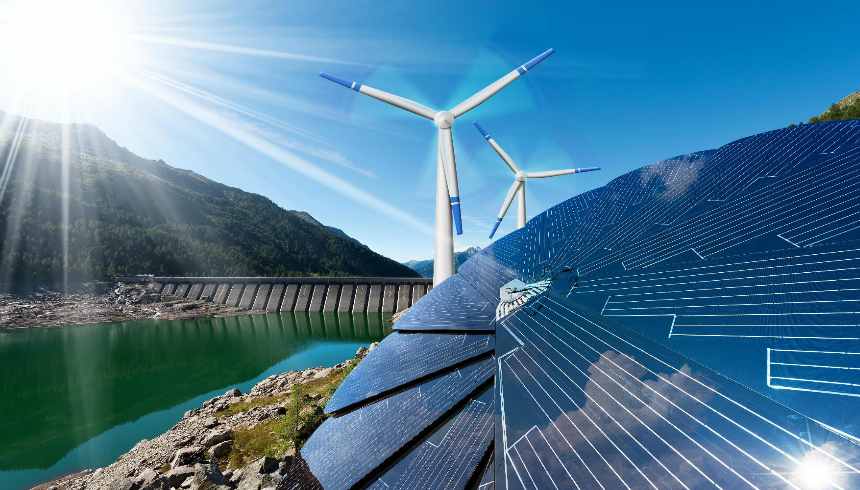
…Says development may derail govt’s renewable energy plans
OpeOluwani Akintayo
29 March 2019, Sweetcrude, Lagos – The Renewable Energy Association of Nigeria, REAN, has protested the recent increase of between five to ten percent on the import duty on solar panels by the Nigerian Customs Service.
According to the group, the increased duty negates the CET code 8541.4010.00 – a classification for import duty tariff – which provides that import duty on solar panels should be 0%.
Consequently, it said discharge of goods from the ports has been slowed down immensely and demurrage charges have risen for its members since the start of the year.
This, it argued, has grave implications for Nigeria’s quest to improve the ease of doing business and deepen energy access for over 70 million people with inadequate access to power.
Nigeria moved up 24 places, from 169th to 145th, on the World Bank Ease of Doing Business Report in 2017.
“We commend the Presidential Enabling Business Environment Council (PEBEC) team on its successes thus far”.
“However, it will be counterproductive for government agencies at the ports to operate in a manner that set them against the vision of government. This will reverse achievements this government has made thus far,” the association said in a statement.
According to REAN, its members have “answered the national call” by “providing solutions to the country’s epileptic power situation”, adding that its members currently provide over 10,000 direct and indirect jobs to the Nigerian economy.
“This is apart from the other benefits like increased disposable incomes, improved environmental conditions (like reduced noise and air pollution due to displacement of diesel generators)”.
Furthermore, it said, the imposition of arbitrary port charges will accelerate value destruction within the industry and will cause prices to rise to uncompetitive levels.
All over the world, it said, the cost of solar panels is falling, leading to increased adoption of renewables. Paris-based International Energy Agency said renewables accounted for almost two-thirds of net new power capacity around the world in 2016, with almost 165 gigawatts (GW) coming online, boosted by solar.



